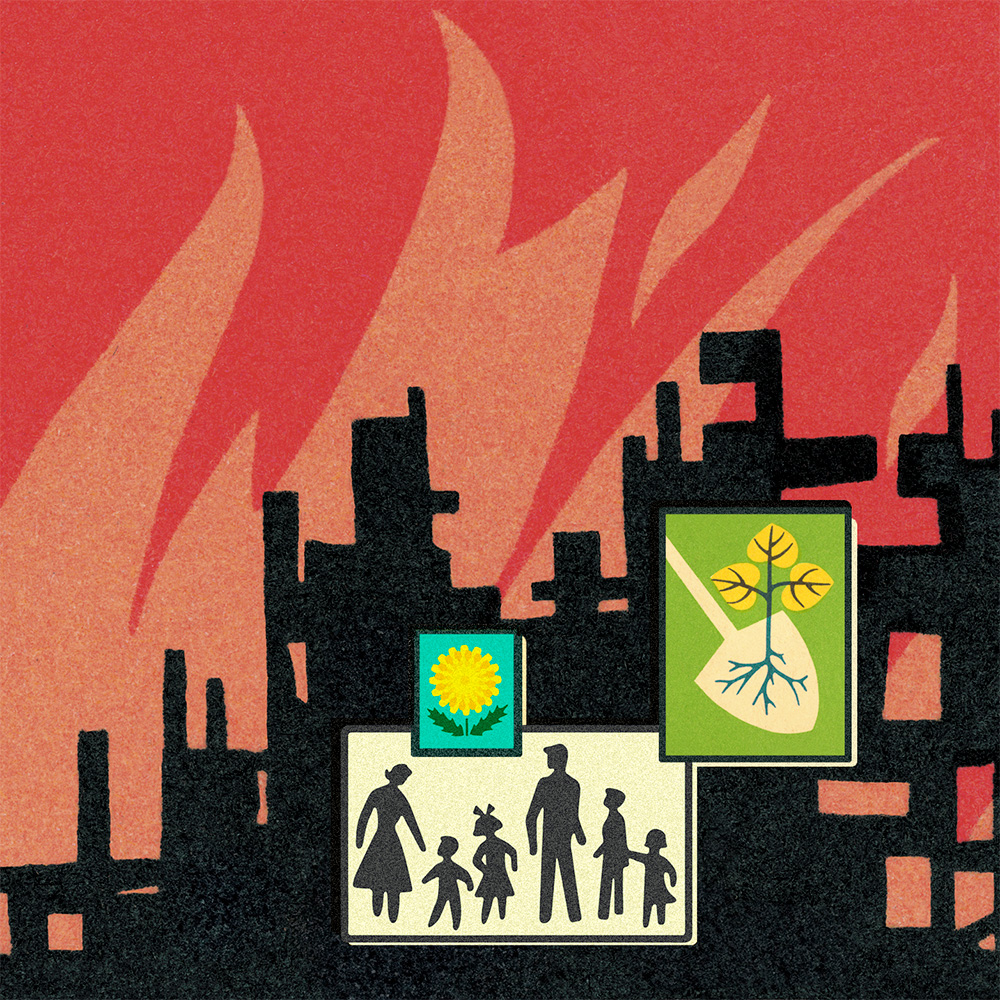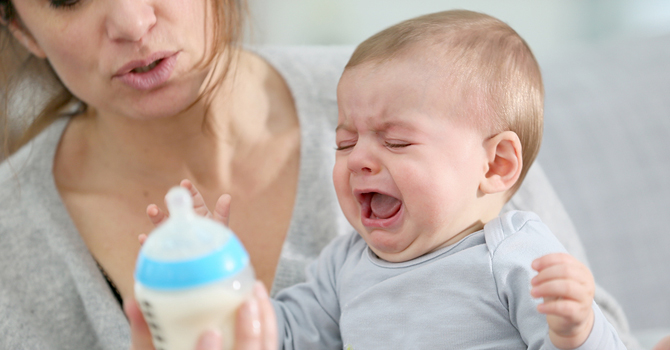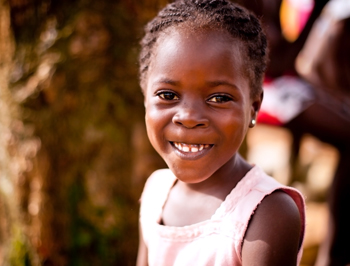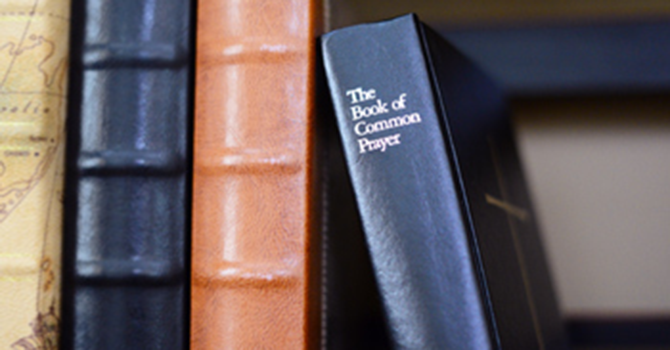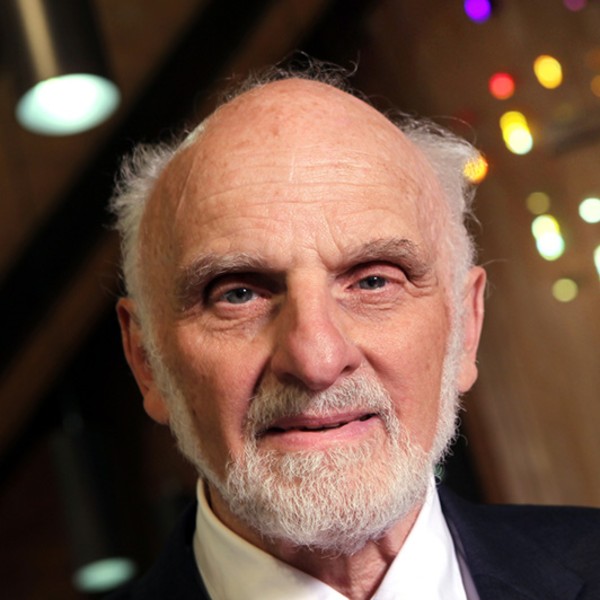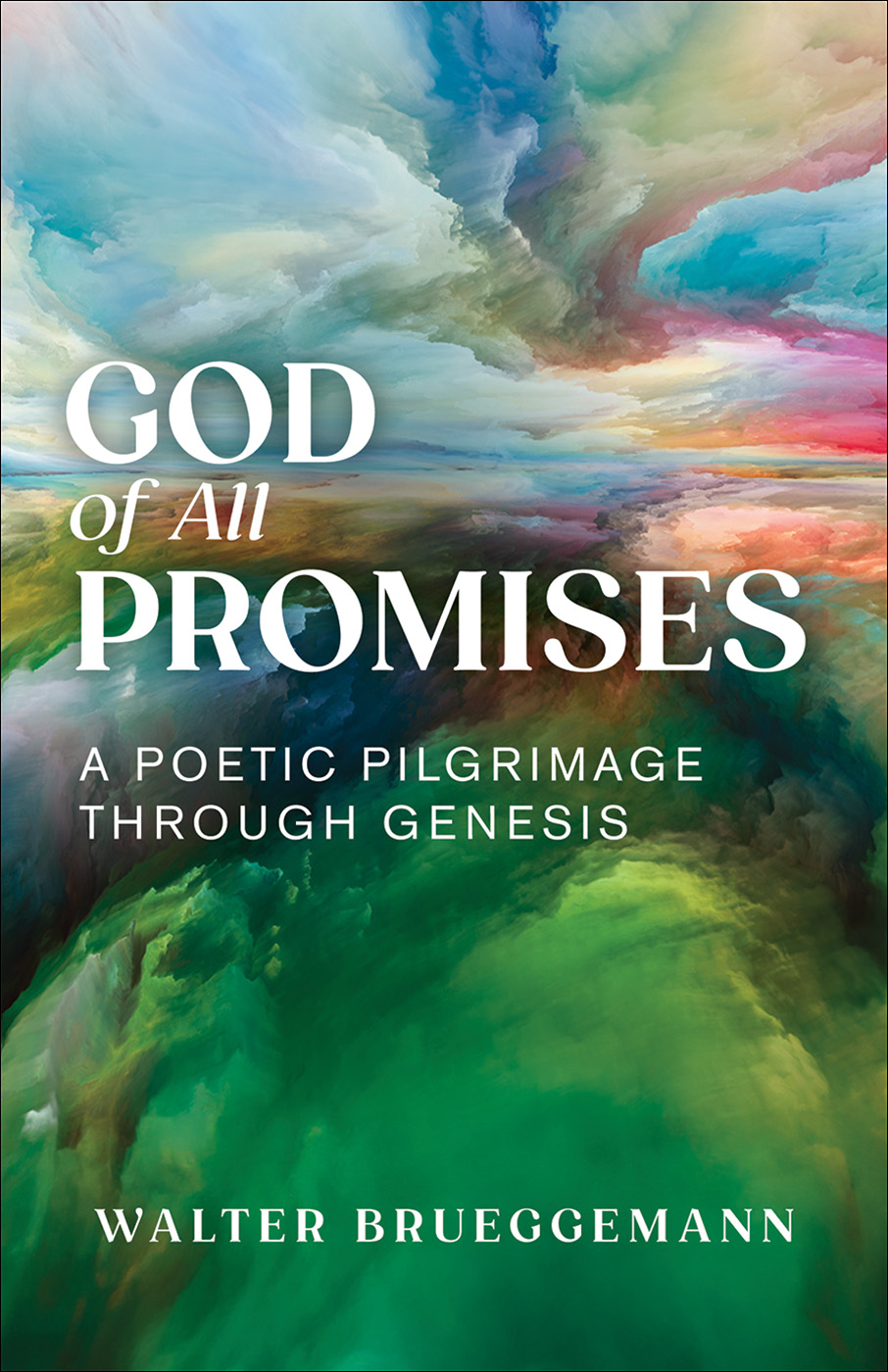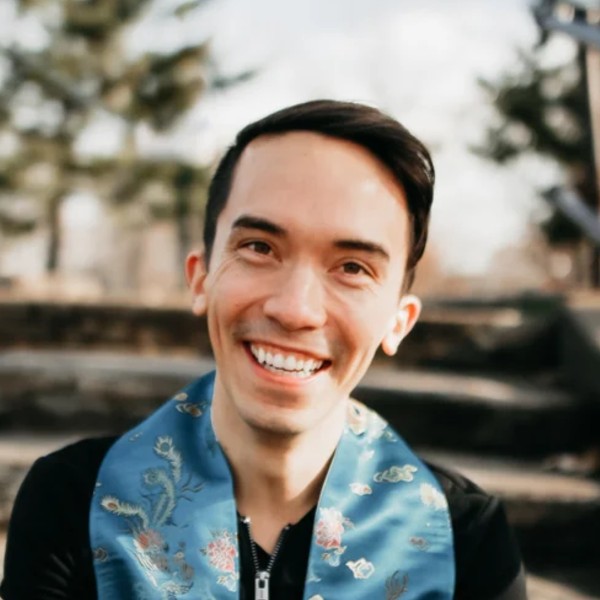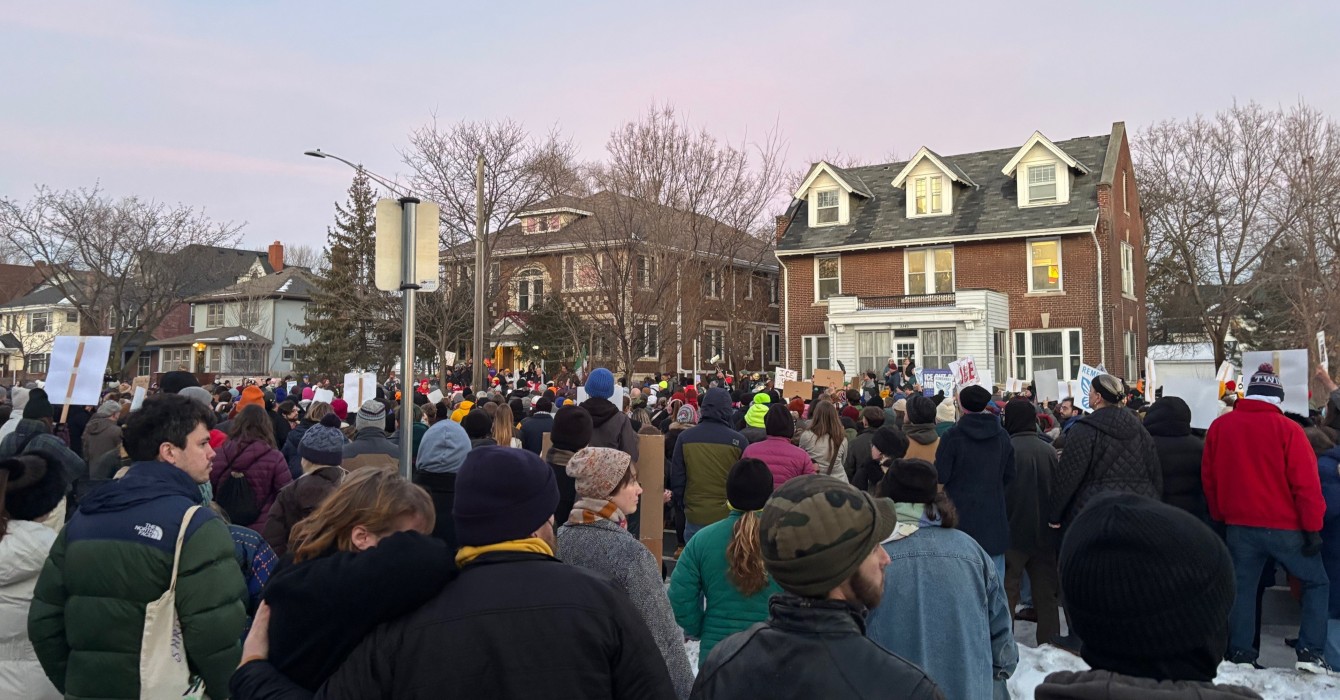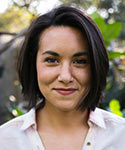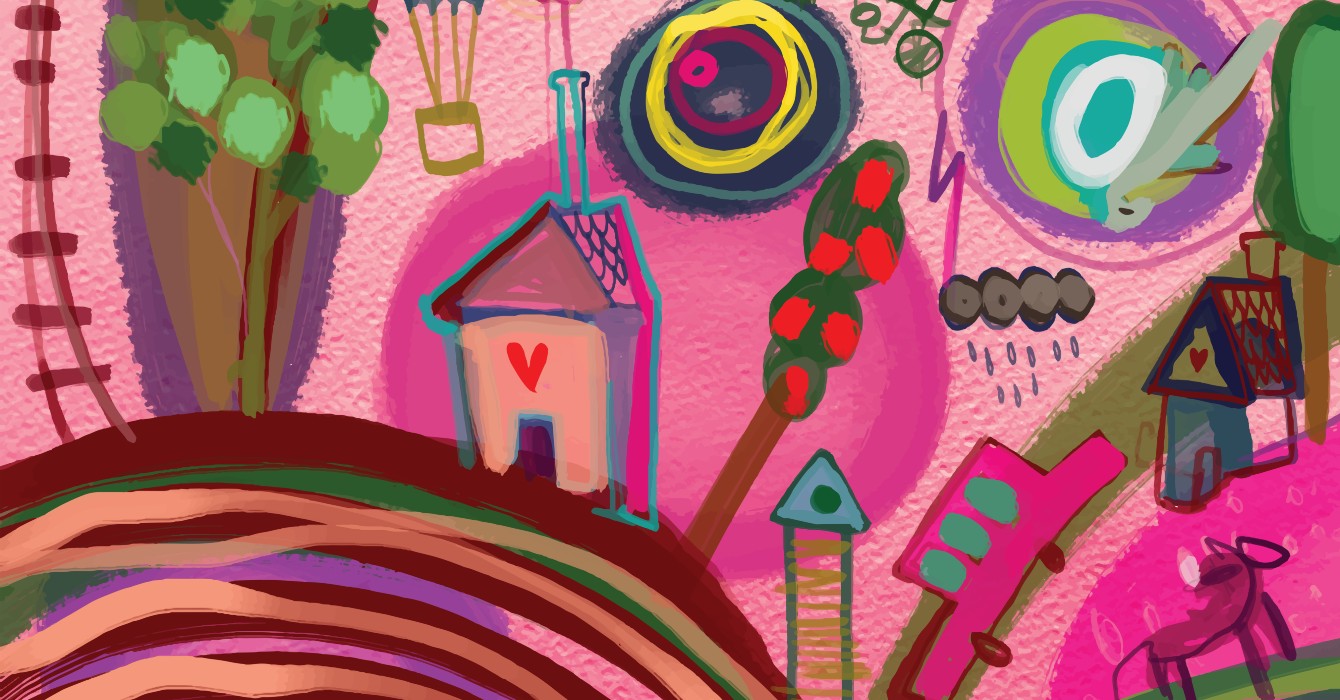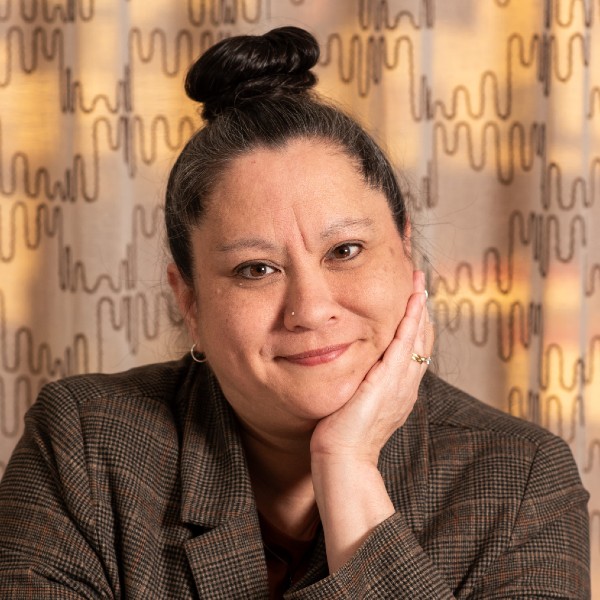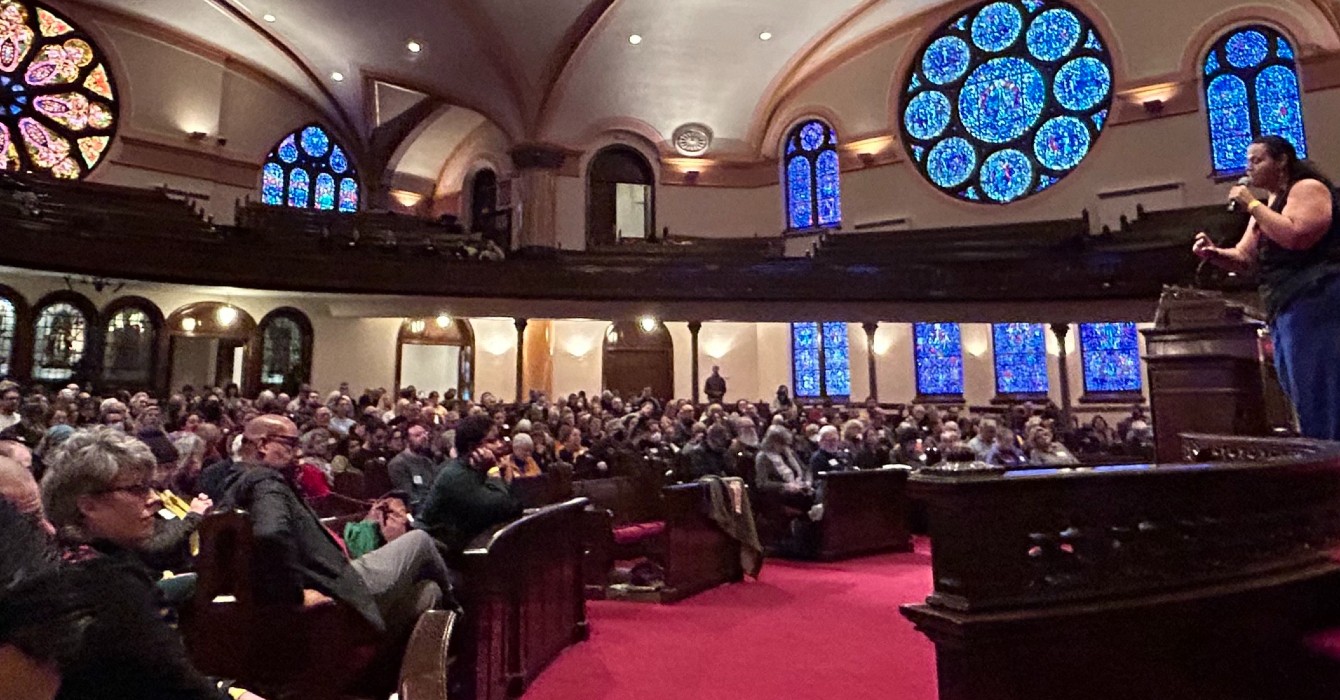While I was weeding my front yard recently, my teenage daughter asked me a rhetorical question.
“Why bother to pull dandelions,” she said, “when you could be doing more important things, like fighting for social justice?”
She sees what many of us see: a world at war. Afghanistan lives under the Taliban’s constant tyranny, Ukraine is braced against ongoing Russian incursions, and Sudan’s civil conflict has created the largest displacement crisis in the world. According to The Guardian, the nonprofit group ACLED (Armed Conflict Location & Event Data) estimates that one in eight people worldwide has experienced conflict over the last five years. The number of global injustices is almost too long to list.
Domestically there are other battles, from economic inequality and racism to ICE raids and threats to the social safety net.
In a digital age, those of us who track current events are trying to figure out how to respond to near-endless news stories. The age-old question of caring for our suffering neighbor — once localized and somewhat limited — is now global and boundless. But how many neighbors can and should I care for? And what does that mean for how I steward my resources, especially my time?
In “Learning in War-time,” a chapel address delivered at Oxford University right before the advent of World War II, C.S. Lewis posed a question similar to my daughter’s, about studying art or literature, math or biology while war rages: “Why should we — indeed how can we — continue to take an interest in these placid occupations when the lives of our friends and the liberties of Europe are in the balance?”
“Life has never been normal,” he said by way of an answer. “Human life has always been lived on the edge of a precipice … full of crises, alarms, difficulties, emergencies.” And yet we still carry on with learning.
We also carry on with the “placid occupations” of pulling weeds, doing dishes and answering questions from teenagers.
I understand my daughter’s skepticism, of course. At her age, I too saw domestic life as the easy way out. In high school, I volunteered abroad in Mexico, Kenya and the U.K. And in college, I spent summers stateside, working with families on welfare, some whose homes were so dilapidated you could see blue sky through their ceilings.
When I married and started having kids, I found myself in the lower-middle-class suburbs of Austin, Texas, straining at the fetters of parental commitment and wondering why I’d given in to domesticity instead of going abroad to work in international development. In time I realized that even my ostensibly peaceful neighborhood was a place of great need.
In actuality, “selling out to suburbia” meant that I regularly took groceries to an undocumented family living in a converted garage one block away and more than once slung my toddler onto my hip and walked next door to help the neighbor high on nitrous oxide.
“Do I need to call 911?” I asked her each time.
I now live in a relatively well-to-do historic neighborhood in Wheaton, Illinois, that is needy in its own way. My husband and I haul dry goods to the busy food bank down the street, hand out homeless care packages to people asking for help at nearby intersections, sign petitions for various causes and donate money to local and international nonprofits. But most of our time and resources are spent caring for a very small subset of the planet’s population: our four kids.
In that context, I regularly ask myself the same guilt-ridden question my daughter asked: In the moral and philosophical sense, can I justify caring for this small plot of land — and for so few people — when the world is on fire?
The answer is a resounding but uncomfortable yes — with one caveat.
“A mole must dig to the glory of God,” Lewis said in his wartime lecture, and I dig weeds to the glory of God and for the good of the world.
The first justification is eschatological. Acts of domestic care are expressions of hope. I cannot prevent human suffering, but I can tend my garden — literally and metaphorically — and in doing so live out what I believe others should and will experience in time. A world at war awaits God’s ultimate justice and shalom, and caregiving points toward that peace to come.
The second justification is constructive. I’m hoping for “a new heaven and a new earth” (Revelation 21:1), but I’m also building it right now. My home is a microcosm, or small world, and supporting it is part of supporting the macrocosm, or big world, out there. In that sense, my domestic responsibilities are the smallest subset of caring for a global community.
“This family is an important unit of society and my primary responsibility right now,” I told my daughter. “Taking care of you and the place you live is part of how I make the world a better place.”
Did I give her a convenient answer? Even now, am I comforting myself in the face of inexplicable suffering? Maybe. But I believe what I said: The work I do at home is essential to the well-being of my family and the moral economy of the world.
That claim, however, needs one major qualification: Scripture and history warn all of us against tending our own gardens without looking up. To varying degrees, based on our life circumstances and abilities, we’re called to pay attention to the four interconnected circles of home, neighbor, nation and world.
If we care for the third or fourth sphere and not the first — like Mrs. Jellyby in Dickens’ novel “Bleak House” — then we’ve lost the plot. “Anyone who does not provide for their relatives, and especially for their own household, has denied the faith and is worse than an unbeliever.” writes Paul in 1 Timothy 5:8 (NIV).
But the opposite is true too. If we atomize too far and care only for our family, then we’ve lost our context. “Love your neighbor as yourself” is Jesus’ second commandment (Matthew 22:36-40). If we lose that outreach perspective, our social myopia makes it hard to see systemic evils like inequality, war, racism, tribalism and genocide.
Between those extremes we find healthy unease. Discomfort at the discrepancy between our well-tended gardens and the state of the wider world is a deeply Christian state of mind. If we’re doing things right, we live pulled between the needs of our own microcosm and those of the warring globe, knowing that what we do is both never enough and always enough.
“Our world is interconnected whether we want to acknowledge it or not,” writes professor, Anglican priest, and New York Times columnist Esau McCaulley. “We can’t build walls high enough to blot out the world’s problems, but we can extend our hands far enough to make a difference in the lives of those who are hurting.”
Those same hands can participate in that larger project by pulling weeds and planting peonies — at least as a place to start.
Can I justify caring for this small plot of land — and for so few people — when the world is on fire?


